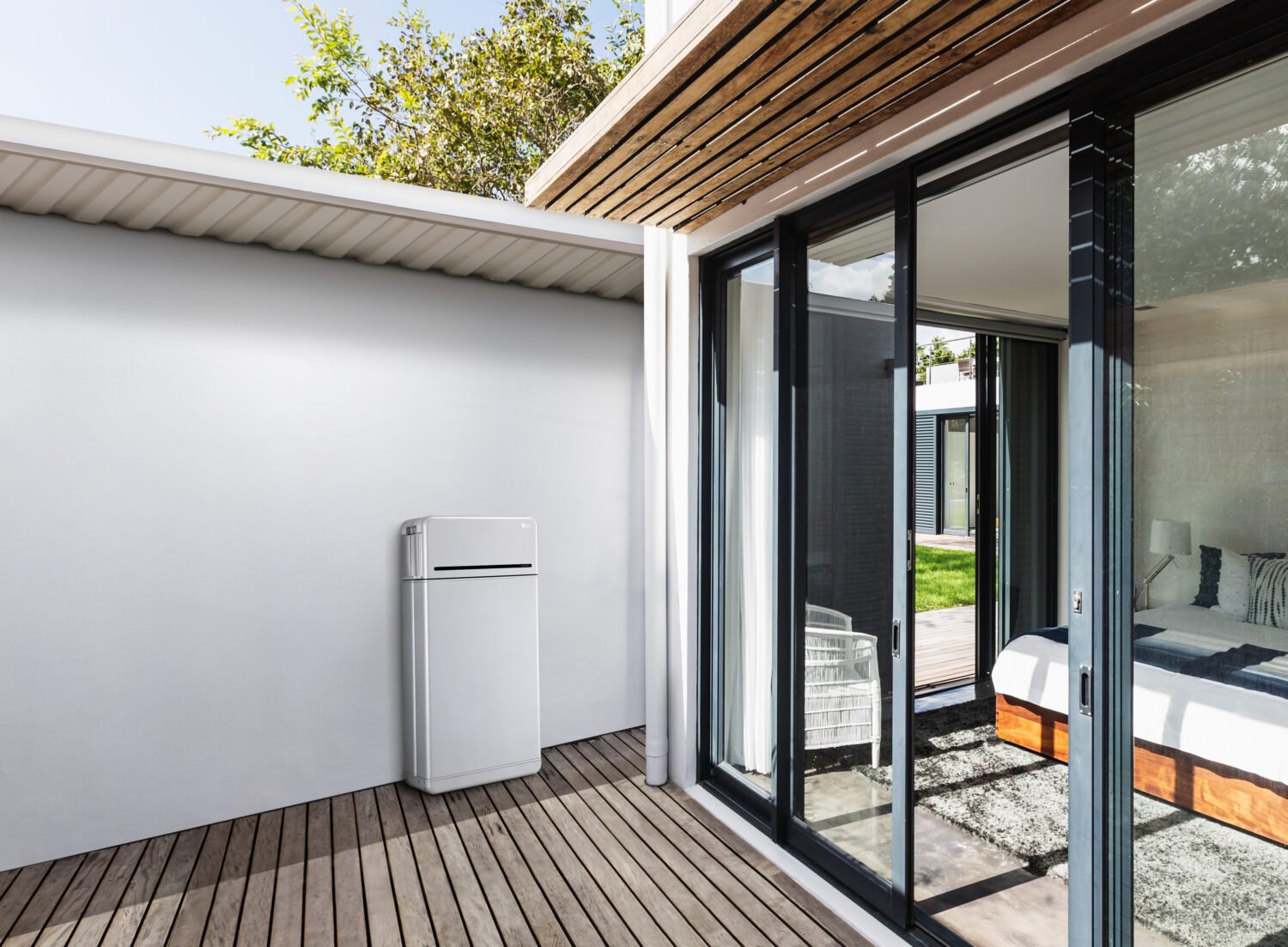Is Solar Battery Storage Right for Your Florida Home (Part 1)?
If you live in the Sunshine State, going solar is a no-brainer. Rather than pay for expensive utility electricity, you can use the photovoltaic (PV) panels on your roof to convert Florida’s solar rays into clean energy for your home.
As a result, you benefit from lower utility bills and a smaller carbon footprint.
But across Florida, there’s a growing movement to couple solar panels with on-site battery energy storage solutions (BESS). When done correctly, this combination can boost your monthly savings and reduce your environmental impact even more.
To see why, it’s important you understand how a typical solar installation works in the absence of batteries.
How Solar Installations Normally Work in Florida (w/o Storage)
Most residential solar customers in the state connect their PV systems to the utility grid:
During the day, they use the solar energy generated from their panels to power their homes. Any unused solar electricity goes back into the grid – typically in exchange for utility credits that they can apply to future energy bills.
When their panels stop working at night, these customers simply buy whatever electricity they need from their utility provider.
In effect, the entire grid functions as “virtual” storage for any unused solar energy. And for many homeowners, having reliable access to nighttime power eliminates any need to invest in actual batteries. And yet, a growing number of solar customers across Florida are now embracing storage technology – despite having grid-connected PV systems.
Why Are Solar Batteries on the Rise?
There are several key drivers behind the skyrocketing popularity of on-site solar batteries. Chief among these is the ability to save more money on your utility bills. Instead of feeding unused solar power back into the grid, batteries allow you to store this clean energy for later use. And as a result, you can reduce how much nighttime electricity you need to buy from your utility provider.
Note that this isn’t a new strategy. But because residential energy storage solutions were prohibitively expensive in the past, installing batteries didn’t make financial sense for the average solar homeowner. With falling prices and rising efficiencies, however, today’s batteries can dramatically boost the ROI of your total solar investment.
However, this only partially explains solar storage’s explosive growth in recent years. Part 2 of this series uncovers several hidden benefits of the technology – and why residential solar batteries might be a better investment than you realized.
Discover more reasons why coupling solar and storage might make sense for your home.
Is Solar Battery Storage Right for Your Florida Home (Part 2)

